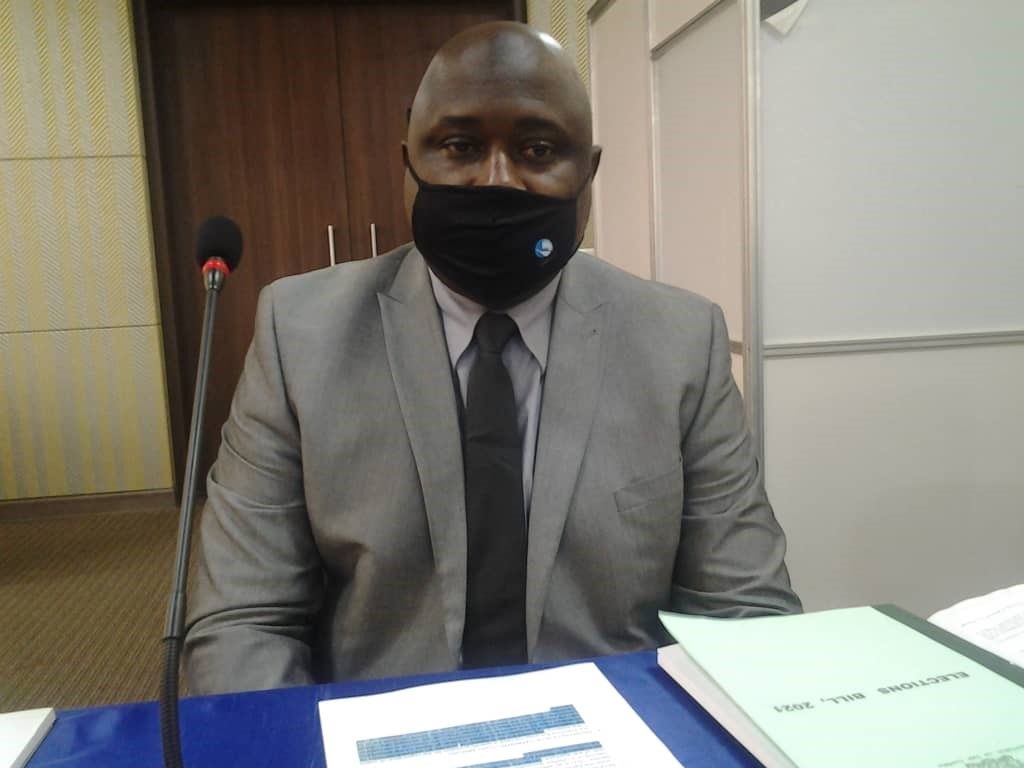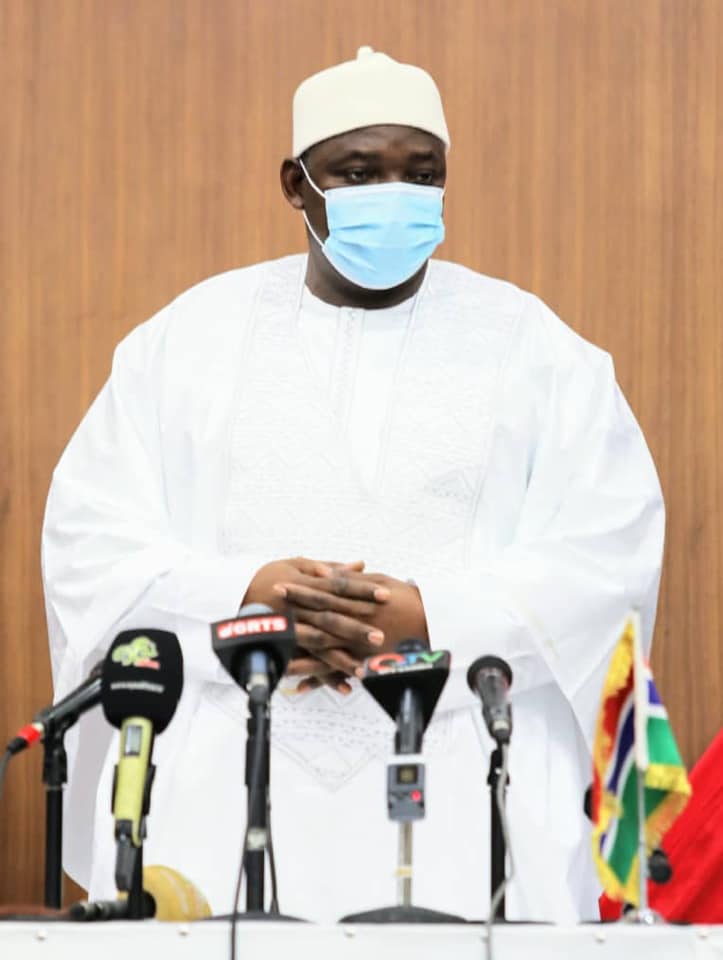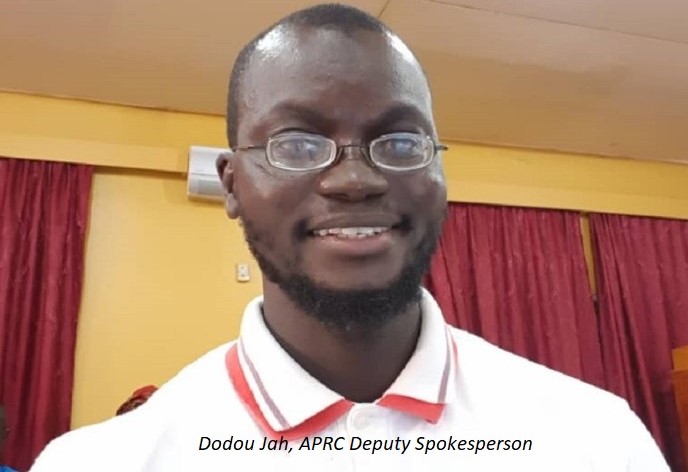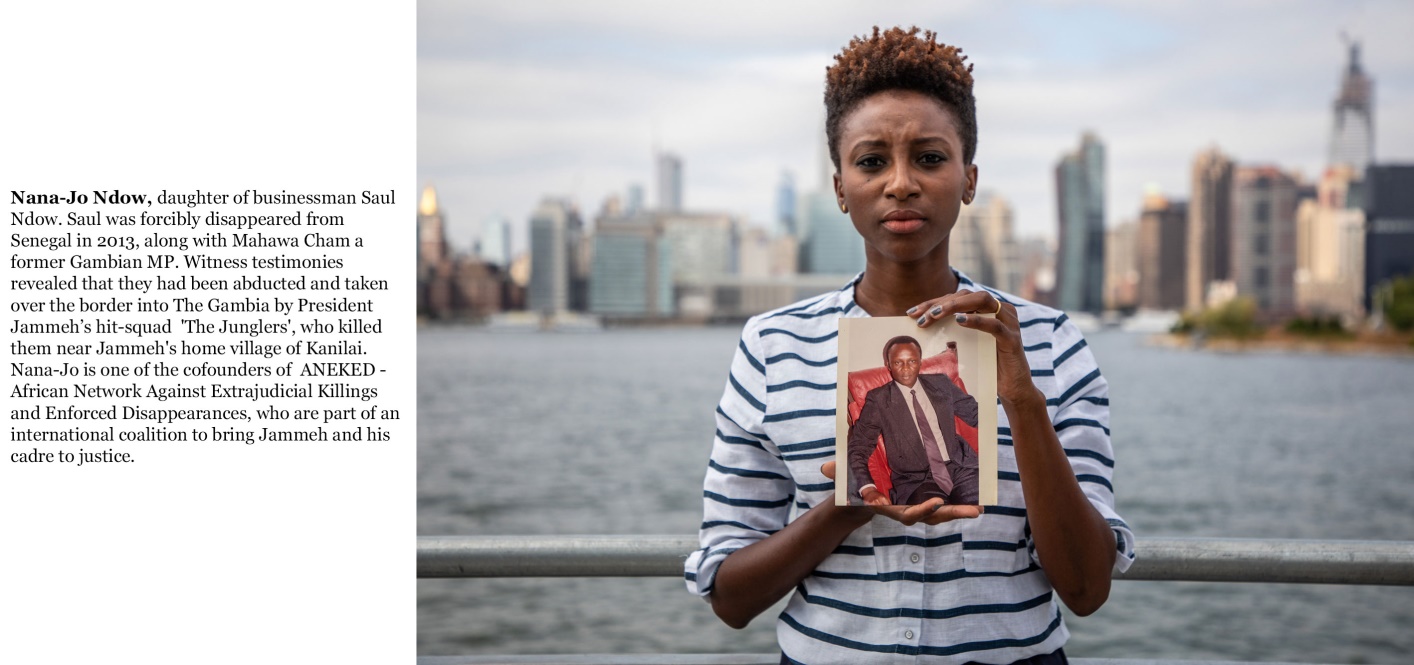By Binta Jaiteh
Honorable Dawda Jallow, Attorney General and Minister of Justice, has said that The Gambia does not have any National Assembly Constituencies in the Diaspora, adding that any registration of voter outside The Gambia could potentially be unconstitutional.
Speaking at Stake in the Nation Forum held at Sir Dawda Kairaba International Conference Centre, Bijilo over the weekend, he said: “a few weeks ago The Gambia went to the polls to cast their votes in the presidential elections this was by far one and most of the significant event over the past five years.”
“The election was hailed free, fair and transparent by the unprecedented number of international elections observers that came from around the world to observe our elections. Their assessment went well to us strive to build a robust democracy “the elephant in the room and by far one of the most discussed issues with regards to the just ended presidential elections was the issue of the Diaspora voting,” he said.
“The rights of Gambians Diaspora register and vote in the elections as we all know the national debate on the issue to commence in the months leading up to the effort in many quarters to explore the viability adding that unfortunately Diaspora voting could not be implemented in time for the presidential elections. Indeed, the run up to the elections, the IEC issued guidelines for Diaspora voting releasing the roadmap for the operationalization of the Diaspora voting in ahead of the elections.
“Our current constitution is indeed quite clear on the right to vote it provides that (every citizen of The Gambia being 18 years and of sound mind shall have the right to vote for the purpose of elections). It does grant right of every citizen to be registered to vote, however following the interpretation of this provision it was realized that the constitution limits such registration to National Assembly constituency,” he added.
“National Assembly constituency are a distinct geographical area demarcated by the boundary Commission pursuance to section 50 of the constitution, the issue raised practical difficulties with regards to the registration of The Gambians in the Diaspora” he added
According to him, several meetings were held between the IEC, political stakeholder and government in a bit to explore possible options for the Diaspora voting and it was concluded that it will require a constitutional amendment and amendment of the elections act which was not feasible at the end of the mandatory timeline for passing a new legislation





